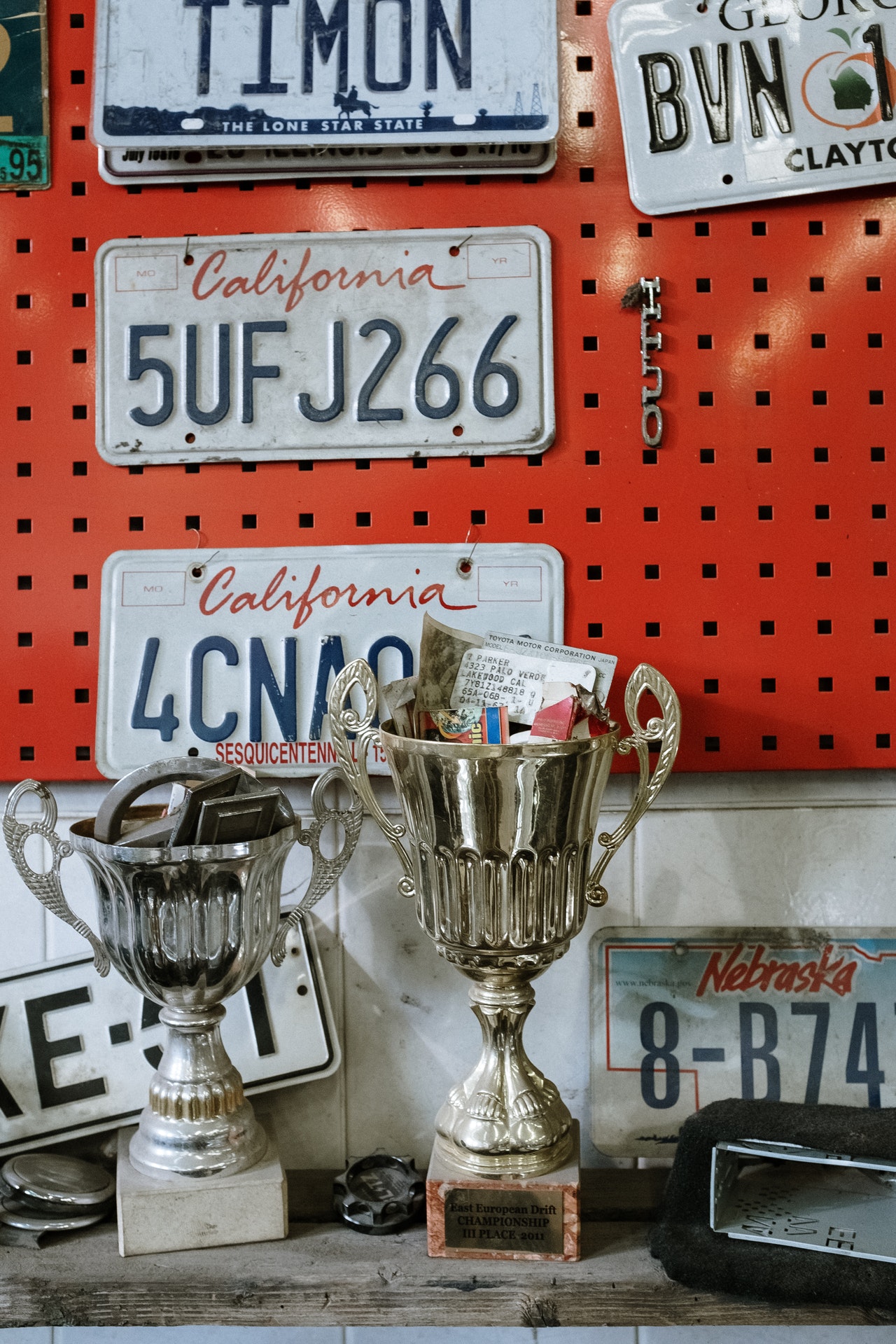Do personalised number plates impact your car insurance?

Do personalised number plates impact your car insurance?
It would be an understatement to describe personalised number plates as big business in the UK – indeed, it’s been said that in this country alone, we spend more than £100 million a year on private registrations.
This makes it really important to know what implications purchasing a private plate could have for your car insurance. After all, wouldn’t a personalised plate count as a ‘modification’ to your car, and don’t insurers famously take a very dim view of modifications?
The good news: a personalised plate probably won’t bump up your premiums
It’s true that the vast majority of car modifications tend to make insurers shriek. If you tune your car’s engine, for instance, or introduce some other eye-catching or performance-enhancing upgrade, it’s near-certain that insurers will regard your vehicle as a greater insurance risk.
The received wisdom goes that a faster car is one that may be likelier to be crashed at some point, while stylish-looking alloy wheels that make your vehicle stand out more parked at the side of the road could heighten the chances of a would-be thief trying their luck. These are major causes of stress for insurers.
A private registration plate, of course, won’t do anything to make your car quicker. As for the sheer visual distinctiveness of such a plate, yes, this could theoretically make your car more attractive to prospective miscreants. However, it could even arguably be a good thing from an insurance point of view, due to making your car easier to identify if it does get stolen.
In short, there’s probably no particular reason to expect your car insurance to go up or go down, simply because you have a personalised number plate on the vehicle. In this sense, it’s a relatively ‘neutral’ modification in the eyes of many insurers.
However, you should still let your insurer know about your plate!
So, if there’s a good chance of your insurer not being greatly bothered about your private number plate, do you even need to bother telling them?
The short answer is: yes, you definitely do. You must inform your insurer of any changes to your car’s registration number, as failing to do this risks your car insurance being invalidated and it being tougher for you to obtain car insurance in the future.
Another thing it’s really important to note about a private registration number, is that it is attached to the vehicle to which it is assigned, rather than the person who bought it. This means in the event of a claim being made for your car’s entire cost and the vehicle being written off, it is the insurer that will own your car – including the number plate registered with it. That will necessitate you purchasing the plate back from the insurer if you want to keep it.
It might also be worth checking whether your insurance will specifically cover your personalised plate, especially if you spent thousands of pounds on it. According to an analysis by a price comparison site several years ago – as cited by The Sun – just 19 out of 302 comprehensive car insurance policies specifically covered the loss of a personalised plate.
So, you know the lowdown when it comes to private registration plates and your insurance – what about the car itself? If you’re currently lacking a set of wheels, CarFinanceGenie can help you land a great deal for zero-deposit car finance; just call 01277 583 046 to find out more.